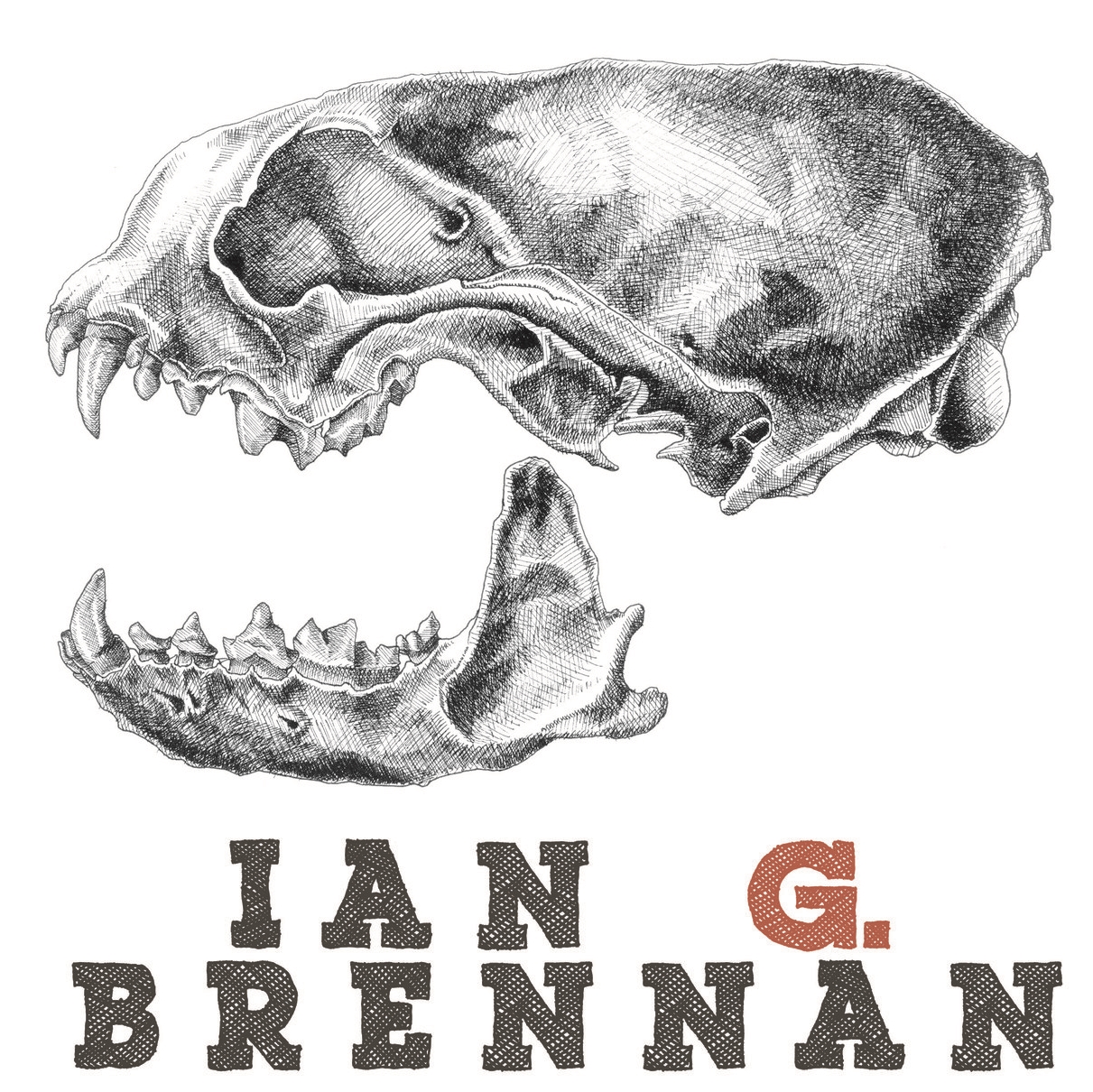Research Themes
Most of my research focuses on macroevolution and phylogenetics, primarily of reptiles, but I'm not too picky. At the moment, this means investigating temporal and among-clade trends in diversification, namely morphological traits such as body size or shape. Have a look below for more specifics on projects:
Incorporating Competition and Biogeography
into Models of Trait Evolution
Nearly all commonly-used models of trait evolution fail to account for the impact of interspecific interactions on trait values (with notable recent exceptions). I'm interested in extending these methods to better integrate historical biogeography and competition, to better explain trait evolution and community assembly. I recently spoke about a project using monitor lizards to do this at the II Joint Meeting on Evolutionary Biology in Montpellier, France, and was lucky enough to come home with the Society of Systematic Biology's Ernst Mayr award for best student talk. Here’s a link to the talk.
Biome turnover and body size evolution
in Australian vertebrates
Temporal trends in global climate have generally been gradual, but have been punctuated by periods of rapid change (think K-Pg boundary). Studies of macroevolutionary impacts of short periods of dramatic climatic change far outweigh the longer gradual periods in between dramatic events. Using a number of Australian vertebrate radiations, I'm looking at the influence of gradual change to the Australian continent, including biome turnover, and its implications for macroevolutionary patterns (body size) during late Miocene cooling. I was lucky enough to talk about this research in the SSB Ernst Mayr award symposium at the 2017 Evolution meetings in Portland, USA, see video above. Now published in ProcB!
Eocene-Oligocene mass turnover
in Australian geckos
Roughly 35 million years ago, the Australian continental plate separated from Antarctica, resulting in dramatic changes to the global climate. Modelling temporal trends in diversification of the Australian pygopodoid geckos, we found evidence that the climatic changes during this period resulted in elevated extinction of these unique geckos.
Read more at: Evolution.


